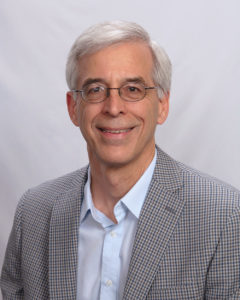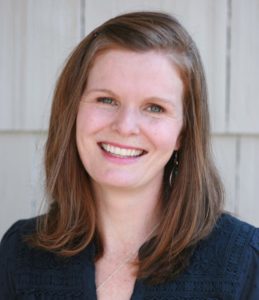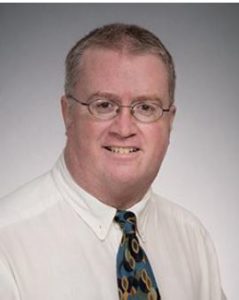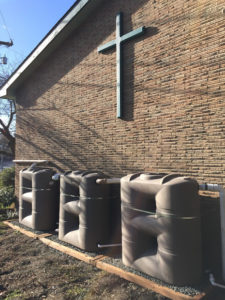 Raising questions about the value of self-esteem can seem like modern blasphemy. So let me say up front that I am for it: Self-esteem is a positive attribute! Who has not witnessed the pain of shattered self-esteem in a friend who has lost love or a co-worker whose career has been derailed?
Raising questions about the value of self-esteem can seem like modern blasphemy. So let me say up front that I am for it: Self-esteem is a positive attribute! Who has not witnessed the pain of shattered self-esteem in a friend who has lost love or a co-worker whose career has been derailed?
But the pursuit of high flying and unassailable self-esteem isn’t necessarily the golden road to mental health and happiness. Once proclaimed with certainty in schools and self-help seminars, the merits of self-esteem have been overstated. Especially when you consider the routes we take to keep a shiny and soaring self-esteem aloft: constant focus on competition, perfectionism, and narcissistic preoccupation.
There is a better way. A better model of healthy and sustainable self-regard. It is supported by research, and it is grounded in the wisdom of our faith traditions. It amounts to a practice of self-compassion as the principle for understanding and sustaining one’s worth. Failure and loss are the inevitable consequences of being human. One shares that condition with everyone else, no more and no less. And one offers oneself compassion in the unblinking awareness of that common experience of imperfection, just as one would offer compassion rather than condemnation to a friend.
A current researcher who has substantiated the claims for self-compassion is University of Texas-based psychologist Dr. Kristin Neff. Her experiments have substantiated the effectiveness of self-compassion, and she has gone further to refine tools for assessing one’s inclination to respond to one’s shortcomings with compassion rather than condemnation. Still further, she has developed a variety of ways to practice self-compassion as a route to health and healing. To get a brief intro to her work, check out her TED talk on youtube.com, https://www.youtube.com/watch?v=IvtZBUSplr4
As I have come to advocate for the value of self-compassion—in contrast to a primary focus on self-esteem—I become aware that its roots extend into the depth of my faith. I understand that we, you and I, share a common humanity and a common dignity as God’s creatures. That dignity lies not in some perfection that we have realized but in the path that we ascend together, accepting ourselves and one another with compassion.
The acceptance with which we embrace ourselves, our wonderful and flawed selves, is neither resignation nor complacency. This is crucially important: self-acceptance is realistic and hopeful, positive and not cynical. We regard ourselves with love, even as we commit ourselves to continue striving to be our best. Central to Christian faith is the exhortation to love your neighbor as yourself, and insofar as we strive to show compassion to our neighbor, we do likewise for ourselves. Success in one is inseparable from pursuit of the other.
The apostle Paul wrote in 2 Corinthians that he discovered his strength in his own weakness, his wisdom in his foolishness. This is not doormat Christianity: Paul was not strong because he was weak; he was strong because he could acknowledge and accept that he had inescapable weaknesses and failings. In his humility—in compassionate self-acceptance—he gained towering strength.
And so it is with us. In our capacity for clear-eyed humility, we find strength. In our relationship to a providential God who embraces humanity and all creation in a spirit of loving acceptance, we find a foundation for our own self-acceptance. And a greater capacity to love and be loved.


 Once upon a time, when one of my sons was an exchange student in Austria, this happened:
Once upon a time, when one of my sons was an exchange student in Austria, this happened:
 On April 10, 2018, Samaritan Center of Puget Sound hosted a festive gathering to celebrate the installation of seven new cisterns at the main office on Ravenna Blvd. This project was a cooperative effort involving Samaritan Center, RainDog Design (contractor), and RainWise (initiator and funder). RainWise is a joint program of Seattle Public Utilities and King County’s Wastewater Treatment Division.
On April 10, 2018, Samaritan Center of Puget Sound hosted a festive gathering to celebrate the installation of seven new cisterns at the main office on Ravenna Blvd. This project was a cooperative effort involving Samaritan Center, RainDog Design (contractor), and RainWise (initiator and funder). RainWise is a joint program of Seattle Public Utilities and King County’s Wastewater Treatment Division.